A falcon named Angel has been patrolling the skies above Inverness to scare away troublesome gulls.
Lasers, nets, and spikes have all been deployed as a deterrent.
Signs warn residents and tourists in the Highland capital not to feed the birds.
But why is there suddenly such a panic over the number of gulls in Inverness, and what’s to blame?
Inverness Bid, an organisation which represents businesses in the city, say it’s become much harder to cull them.
Until last year they say NatureScot – a Scottish Government quango – granted most requests to remove eggs before chicks were born.
That helped keep the gull population stable.
But NatureScot has stopped handing out so many licences due to fears over a “serious decline” in numbers.
Inverness Bid told the Press and Journal around 2,000 eggs were destroyed in 2023.
This declined to less than 200 last year.
That has had an immediate impact.
“While species conservation is supported, this must be balanced with consideration of health and safety risks,” a spokesperson for Inverness Bid said.
“Our gull incident reporting platform recorded that some members of the public had to visit A&E due to injuries from direct strikes.”
Alasdair Christie, an Inverness Lib Dem councillor, said NatureScot’s stance is “totally at odds” with the wishes of locals.
“I would suggest they actually sit down the river and try to eat a sandwich,” he said.
“I’ve had numerous complaints from local residents, ranging from their children being unable eat outside their school, to cafe owners saying tourists can’t eat outside.”
Last July a hockey club in Inverness shut after it was plagued by divebombing gulls.
Inverness Bid says the gull population could increase by 7% each year without intervention.
Fergus Ewing, the SNP MSP for Inverness and Nairn, has criticised NatureScot’s approach.
He claims the quango is behaving like a “feudal barony”.
Mr Ewing has launched a campaign alongside former Scottish Tory leader Douglas Ross to tackle the crisis.
The two MSPs met officials from NatureScot.
‘Utmost seriousness’
“The problems caused by lack of gull control are of the utmost seriousness, including the risk of serious injury from gull swoops,” they told the P&J.
Mr Ross, a regional Highlands and Islands MSP, took the war on gulls to Holyrood.
He recounted how one attack left an elderly woman in Elgin with a broken leg.
But not everyone agrees with the push to cull the gulls.
Chris Ballance, a Loch Ness councillor for the Greens, said: “The priority has to be control and displacement measures first, before egg destruction.
“We have to find ways of living with nature, not destroying it.”
Inverness Bid is waiting with baited breath to see if NatureScot will U-turn.
A verdict is expected in the coming weeks.
Mr Christie warned money invested by the council in previous years will have been wasted if gull eggs cannot be culled.
‘Last resort’
NatureScot maintained culling licences should only be granted as a “last resort”.
The public agency pointed out gull species have declined by between 44% and 75%.
Some are now red-listed by conservation groups.
A spokesperson said: “We are working with several local authorities to look at how we can support a more coordinated approach.
“The focus is on advising on preventative measures, deterrents, and guidance.”
Update: In an earlier version of this article we inadvertently republished a picture unconnected with the story. We apologise for any upset this may have caused.
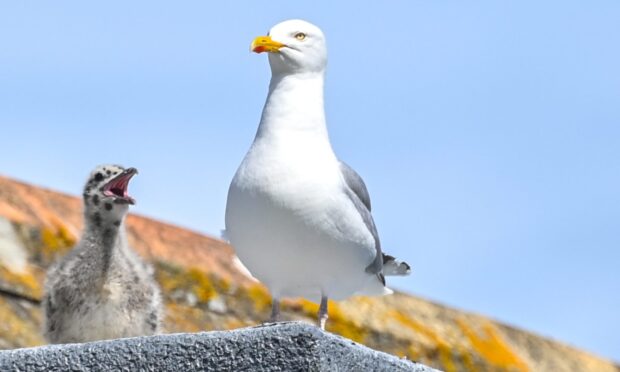
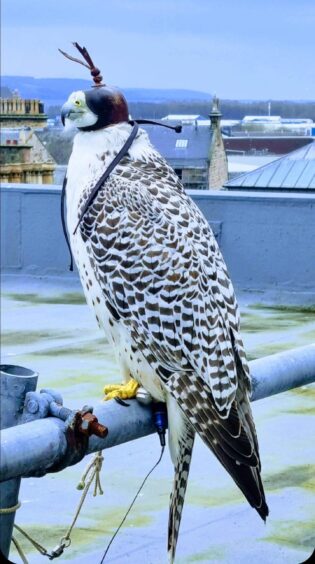
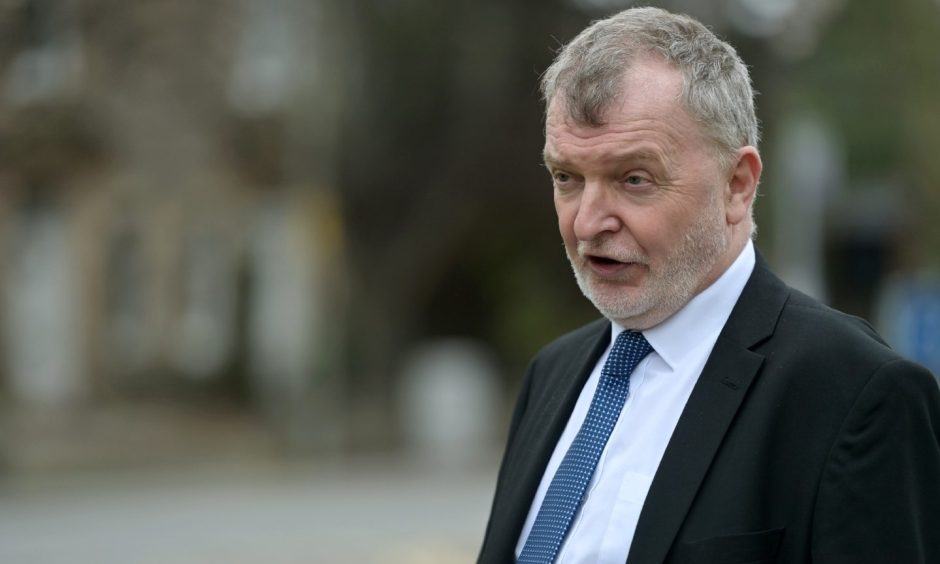
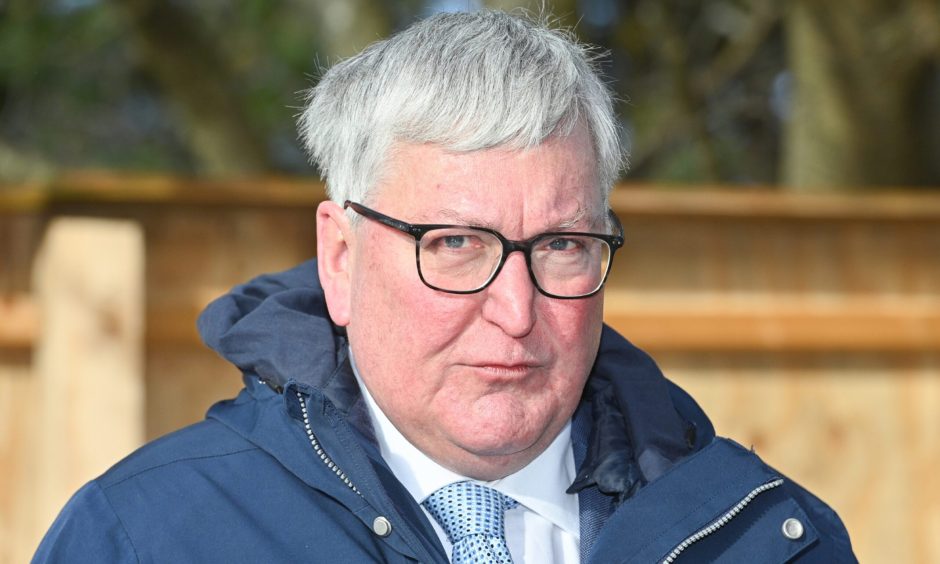
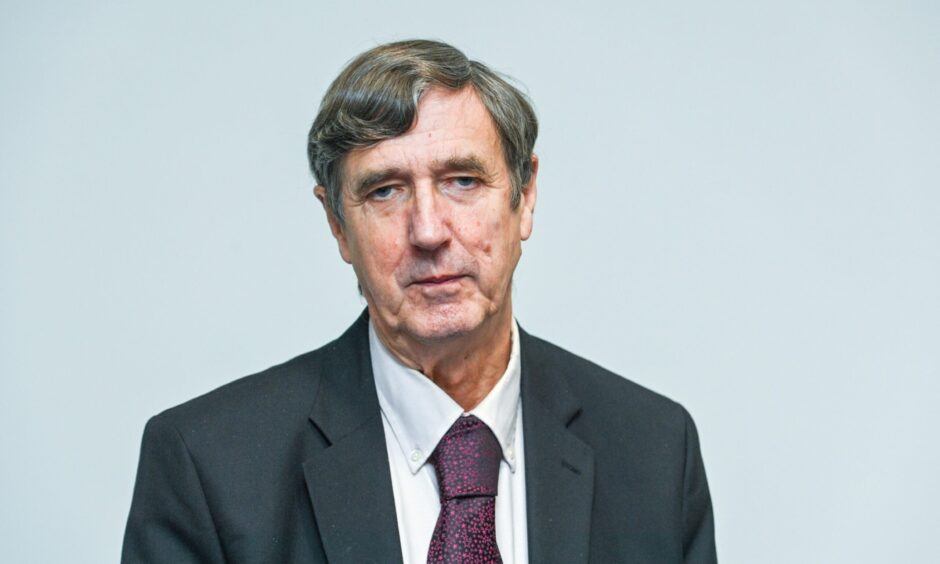
Conversation